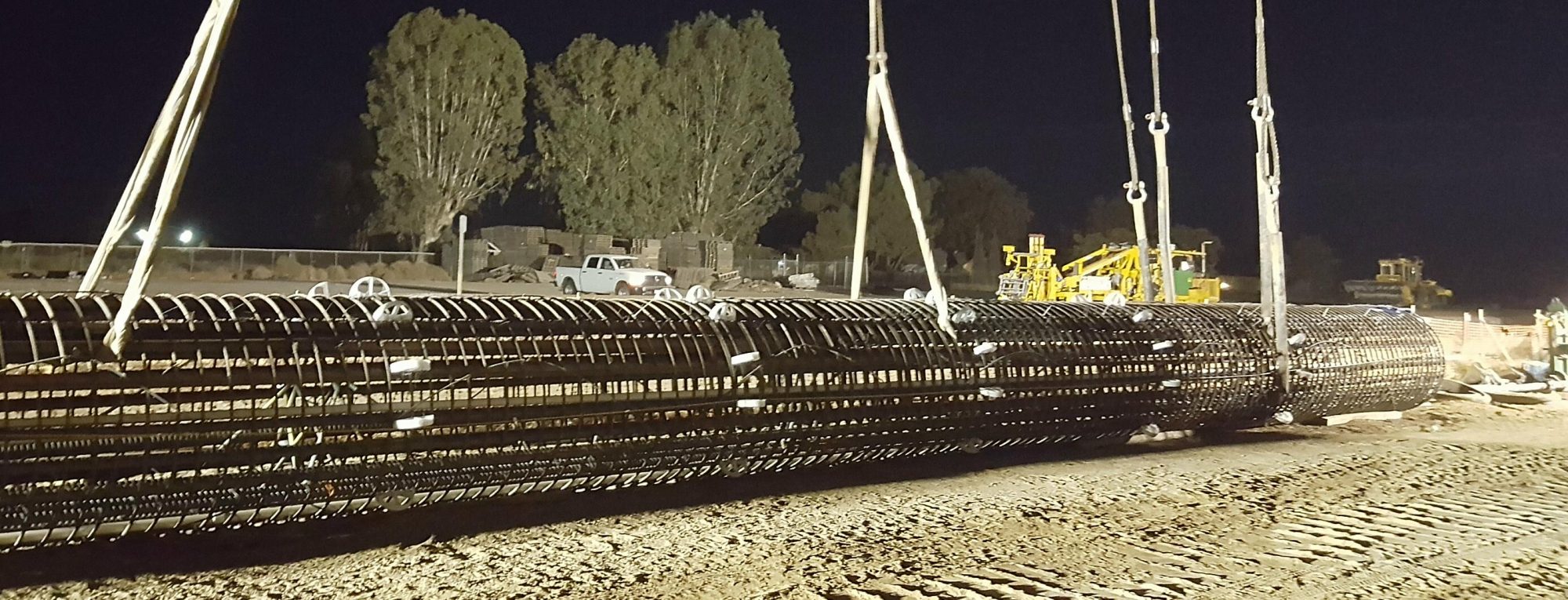Dr. Duane Ellifritt, who taught our undergrad Steel Design class at the University of Florida, was in his 60’s when I took his class. He shared with us one day that when HE was an undergrad student in Steel Design, one of the class requirements was to weld two pieces of metal together and test the resulting coupon to failure. These days, not many teens help their dad change the oil and filters in the family car, or sew their own clothes, never mind welding, machining or mixing and placing concrete. Shop class, if it exists at all in high school, is certainly well outside the track of the GPA-glomming college-prep contingent. I still remember the slight twinge of jealousy that Dr. Ellifritt got to learn how to weld, and we didn’t.
As a teenager I was a typical academic bookworm, but my father (a mechanical engineer of the old-school variety) did force me to learn basic car maintenance at least. He’d never bear the shame if I couldn’t change a tire or spark plug. My parents were very supportive of my ambitions at higher education, but had limited means. In hindsight, the reality that I had to work my way through college was a blessing worth way more than cash money.
At Austin’s Diving Center, doing basic maintenance and inspections of scuba gear I learned about high-pressure fittings (lefty-loosey, righty-tighty but not TOO tight) and the proper use of Teflon tape and cable ties. Filling the air tanks, I learned to have respect for 3,000 psi of air pressure, which translated well to later working with 15,000 psi of hydraulic pressure. And I learned about customer service, the kind that says “what else can we do for you?” instead of “is that all you need?”.
At the O’Connell Center (a.k.a. the “O’Dome”), UF’s sports arena, qualification for each task routinely performed by the part‑time student staff was divided into two categories: ‘virgin’ and ‘expert’. Never worked event security, or laid down the basketball floor, or operated a spotlight during a concert? You’re a virgin. Did it once (without a major screwup)? Congratulations, expert. Pay attention and learn fast. The one exception was driving the forklift, which OSHA regulations compelled the arena brass to manage with actual training and certificates. My favorite shifts were working as local crew for concerts. I learned how to properly coil a cable (over‑under), how to properly use gaffer’s tape (duct tape), how to operate the forklift, and how to power through shifts that lasted until 4 AM without (too much) complaining. The pay was minimum wage, the only benefit was a free side‑stage pass to some great concerts (Rolling Stones, Tom Petty & the Heartbreakers, INXS, Glenn Frey + Joe Walsh a year before the Eagles reunited, Midnight Oil, Lenny Kravitz, Sting, Bob Dylan, The Cult, it was pretty cool).
Working as an undergrad research assistant for Dr. D. Max Sheppard, I learned about data collection, how to properly caffeinate through 24‑hour tests and just how many resources even the simplest field measurement could consume. A crew of two for an entire day, truck, trailer and boat, just to retrieve a log chart from a tide gauge – so make sure you set it up right and don’t lose a week’s worth of data!
At the time, all of these student jobs were just a means to an end: enough cash to get through college, graduate and go get a “proper” job, one which would have me wearing a tie, sitting in an office during normal office hours, and not getting my hands dirty. In hindsight, I see how these after-school jobs prepared me for my career as much as the engineering diploma I earned in class. My old college roommate (a mechanical engineer who knows his way around a machine shop, builds his own wood-strip kayaks and can fly airplanes) is still not sure if I’m a “tool-using mammal” as he once put it, but I can at least successfully operate a crescent wrench, which was more than could be said of a soon-to-graduate engineering student I supervised a few years ago.
Field assembly of the equipment for a deep foundation test involves properly connecting pressure fittings, routing signal cable through rebar cages, improvising with whatever tools and materials are on hand, and getting everything right the first time. I prefer doing the manual work myself. Climbing over, through and under rebar cages, positioning the gages, pulling the signal cable, splicing it if it gets cut. Tighten all the hydraulic fittings, then go back and double-check them. I don’t weld, but I’ll hold the metal piece in place for the welder as long as my gloves let me. It’s very rare for me not to walk off the jobsite filthy. My hair gel is a proprietary blend of hydraulic fluid and sunscreen. And I love it.
My academic education prepared me to be able to write the software I need to do my work, to analyze the data I collect, and to build theories to explain the results. My after-school education taught me to trust my own two hands to get things done. Both sets of skills are needed in equal measure for the work that LTC does.


